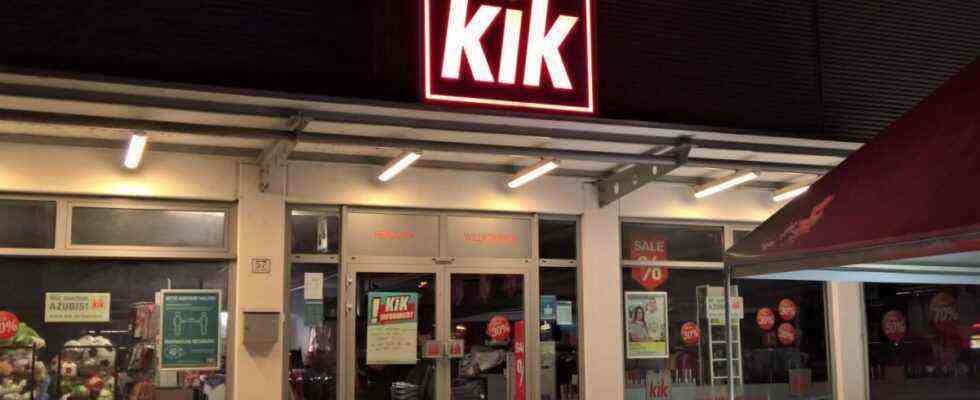Businesspeople can request a reduction in their rent because of their losses through a lockdown. This was decided by the Federal Court of Justice (BGH) in a landmark judgment. The officially ordered closure of businesses leads to a “disruption of the business base”, so that commercial tenants are entitled to a reduction in rent. How high this discount may turn out, however, depends on the circumstances of the individual case – namely on the amount of the losses and the extent to which they have been compensated by state aid.
The trigger for the proceedings was a rent cut by a Saxon branch of the textile discounter Kik in the Chemnitz area in April 2020. The judgments of the lower courts show how inconsistently the courts have so far acted on this issue. The Chemnitz Regional Court awarded the landlord the full rent of a good 7,800 euros, while the Dresden Higher Regional Court reduced the rent excluding the rent by half.
With its judgment, the twelfth civil senate of the BGH has now clarified this question, which played a role especially for the first lockdown in March 2020. At that time it was unclear whether the commercial tenants should bear the consequences of the closings alone. Many courts of the lower instances refused a reduction because the landlords were still making their rooms available properly. At the beginning of 2021 – in the middle of the second lockdown – the legislature made adjustments and stipulated that a closure would usually lead to a disruption of the business base. At the same time, many questions about the requirements and the amount of rent cuts remained unanswered.
The case was referred back to the OLG for further clarification
According to Senate Chairman Hans-Joachim Dose, a lockdown does not lead to a “defect” in the rental property because the business premises are still available. A right to a reduction in rent arises from the regulations on the discontinuation of the business basis. The “fundamental political, economic and social framework of the contract” had been severely disrupted by the pandemic. Therefore, commercial tenants could not be expected to hold on to it unchanged – the pandemic-related closings went beyond the normal tenant risk. Because their losses are not the result of business decisions or disappointed profit expectations, but the result of government interventions for which neither of the two tenants can be held responsible. “The Covid 19 pandemic has ultimately created a general risk to life,” said Dose. This risk could not be assigned to any of the contracting parties alone.
However, the BGH referred the case back to the OLG for further clarification, mainly because it did not accept its approach of a 50 percent flat-rate reduction. Because according to the BGH, the calculation of the rent reduction depends on the circumstances of the individual case. First and foremost, the “concrete decline in sales” is decisive, in the respective branch and not across the group. On the plus side, state aid should also be counted, but only real grants and not loans. The same applies to business insurance.
Some of these requirements offer potential for further legal disputes. According to Dose, “what measures the tenant has taken or could take to reduce the impending losses during the business closure” must also be taken into account. The court is thus aiming at the question of whether a trader has exhausted the possibilities of online trading or, in the case of restaurateurs, street sales. In any case, it is clear that anyone who was able to maintain their business level in the pandemic cannot demand a rent discount.
The BGH has made an important clarification on another point. No actual threat to economic existence is required for a claim to a rent reduction. Some courts had seen it differently, such as the Karlsruhe Higher Regional Court, which only considered paying the full rent for another Kik branch to be unreasonable if its existence would either be destroyed or seriously impaired. That would have been a high hurdle for rent cuts, which the BGH has now cleared.
The Kik company sees itself confirmed by the judgment. Kik boss Patrick Zahn announced that one-on-one discussions have already been held with all landlords about compensation. The aim is to prevent the company from going into trouble – which is also in the interests of the landlord.
The next BGH negotiations on the lockdown consequences have already been scheduled. On January 26th, the question is whether a restaurateur is entitled to claims from a business closure insurance. And at the beginning of March, government compensation for corona-related business closings will be negotiated.

